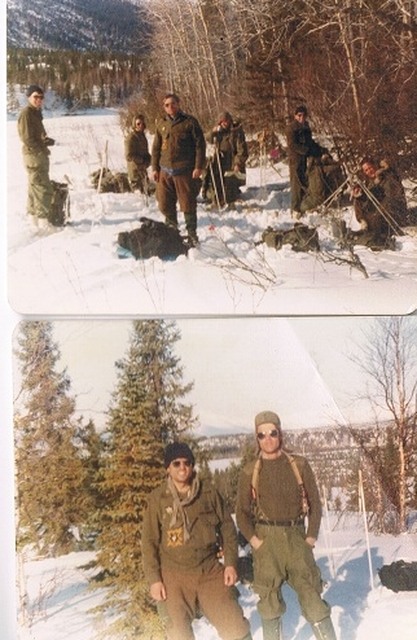Non issue;
Unless you carry in Alaska, I would not loose sleep over freeze up.
Non issue in Alaska too.
I carried a revolver in my 20 year career in LE with the Anchorage Police Dept.
I also carried my revolver on NG drills including tons of winter cross country ski trips, one such trip I can think was over 100 miles taking about eight days, is sub zero temps.
Still carry a revolver after I retired to Wyoming. Wyoming gets pretty cold at times, not as cold as Alaska but cold enough IF freezing was a problem with revolver.
Never heard or thought about my revolver freezing up until I read this post.
I have seen guns freeze up, normally because people take a cold gun into a warm tent, condensation occurs and the gun can freeze when taken outside. But I've never seen it with a revolver. Maybe its because of the way they are carried as opposed to rifles.
One can choose a pistol or revolver, for what ever reason, but a revolver freezing up more often then a semi is really a non-issue.
Kind of hard to see, but the taller guy, (me) in the bottom picture is carrying a revolver in a shoulder holster. As you can see, this is what you call "winter conditions"

